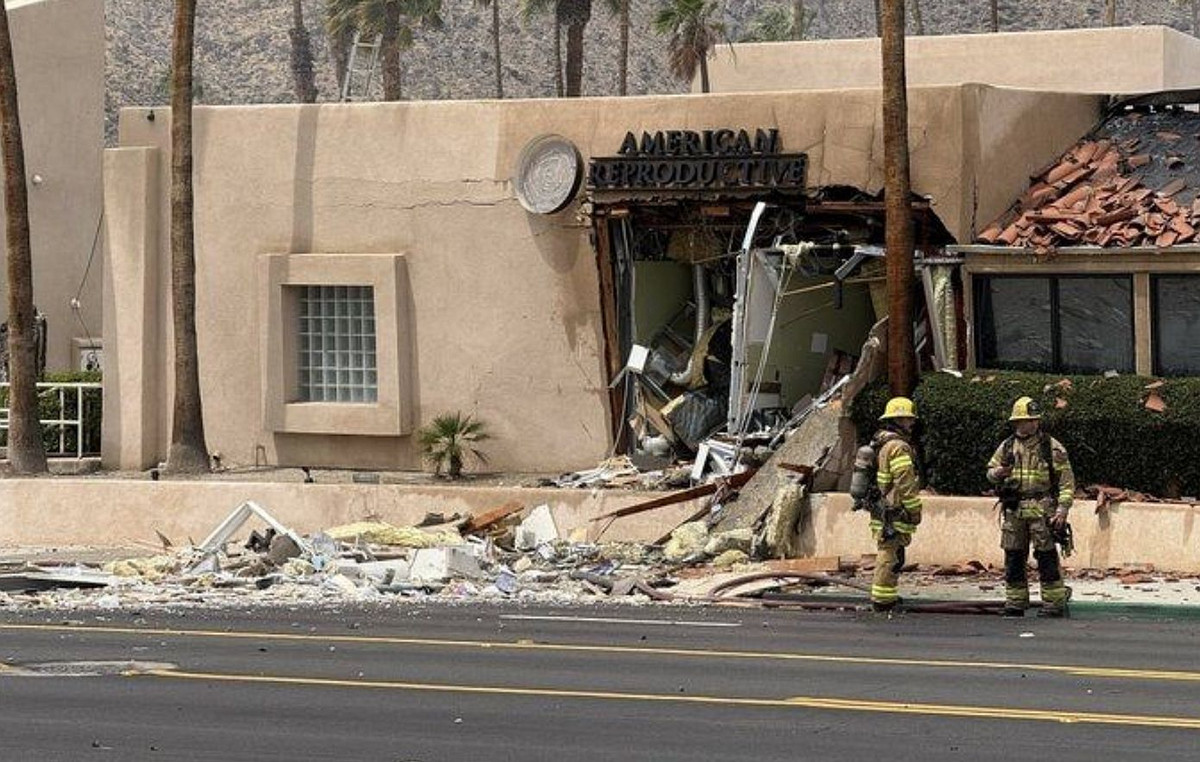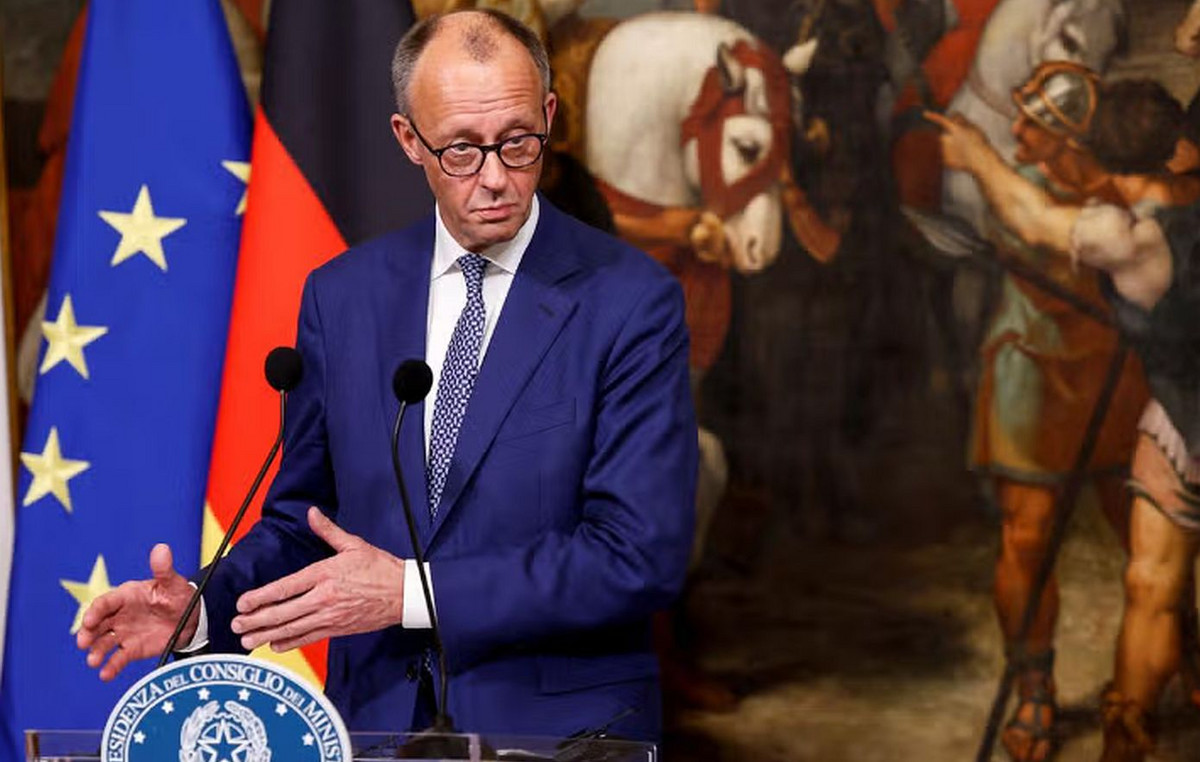The ministers of the Federal Supreme Court (STF) decided to overturn the benefit of special prison for people who have a higher education and who are provisionally arrested.
The guarantee of a special cell for those with a university degree is in the Code of Criminal Procedure (CPP). With the decision, the Court considered this benefit incompatible with the Constitution.
The case was analyzed in the virtual plenary of the Court. In the format, there is no debate between ministers, who cast their votes in an electronic system. The analysis lasted from March 24 to March 31.
For the rapporteur, Minister Alexandre de Moraes, the guarantee goes against the constitutional principle of isonomy, in addition to being a “discriminatory state measure” that promotes inequalities.
understand the case
What does the law guarantee?
According to the CPP:
“Art. 295. The following shall be taken to barracks or special prison, at the disposal of the competent authority, when subject to arrest before final conviction: […] VII – graduates from any of the higher faculties of the Republic”.
The possibility of special imprisonment continues to apply to other categories of prisoners, such as Ministers of State, governors, mayors, councilors, judges and officers of the Armed Forces.
The benefit of special prison is intended for provisional prisoners, that is, people who are incarcerated without a final conviction (when there are no more resources). It does not apply to imprisonment resulting from a final conviction.
What is Special Prison?
According to the CPP, the special prison “consists exclusively of being held in a place different from the common prison”.
The code establishes that, if there is no specific establishment for the special prisoner, he “will be collected in a different cell of the same establishment”.
The norm also states that the special cell may be a collective accommodation, provided that the “environment health requirements are met, due to the competition of factors of aeration, sunlight and thermal conditioning suitable for human existence”.
Are there other rights?
In addition to being kept in a separate cell, the special prisoner could not be transported together with the common prisoner.
“The other rights and duties of the special prisoner will be the same as those of the common prisoner”, says the CPP.
The action
In progress since 2015, the action judged by the Supreme Court was filed by the Attorney General’s Office (PGR). The body questioned whether the “privilege” offends the republican principles of human dignity, isonomy and the fundamental objectives of the Republic.
For Moraes, the rapporteur for the action, the granting of a special prison right for holders of a higher education diploma “seems to be a true Brazilian ‘jabuticaba’”.
The minister said that he found a similar situation only in the Spanish Code of Criminal Procedure.
According to the magistrate, the prediction is a “discriminatory state measure”, which promotes the “categorization” of prisoners and strengthens inequalities, “especially in a nation as socially unequal as ours, where only 11.3% of the general population has education. Graduated”.
“It does not seem to me that there is any reasonable justification, in the light of the Constitution of the Republic, that is able to support the distinction in the treatment of persons subjected to precautionary imprisonment, by the State, based on the level of academic education, in the case of a mere qualification of strictly personal order that, by itself, does not impose the segregation of coexistence with the other inmates”, he said.
Minister Edson Fachin followed the rapporteur’s vote, but made a reservation.
He said that any prisoner – whether with a university degree or not – can be separated from the prison population if there is a threat to their physical, moral or psychological integrity. Dias Toffoli followed that vote.
The trial of the case had begun in November 2022, but was interrupted by a request for a review (more time for analysis) by Minister Dias Toffoli.
Source: CNN Brasil
I’m James Harper, a highly experienced and accomplished news writer for World Stock Market. I have been writing in the Politics section of the website for over five years, providing readers with up-to-date and insightful information about current events in politics. My work is widely read and respected by many industry professionals as well as laymen.







